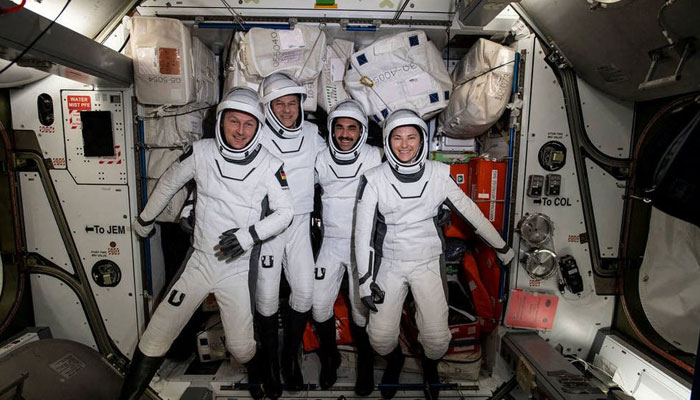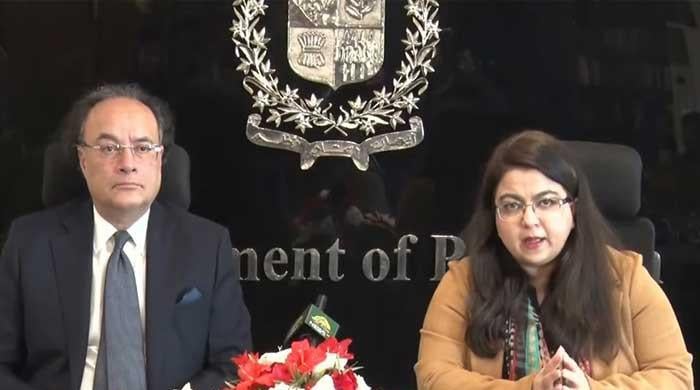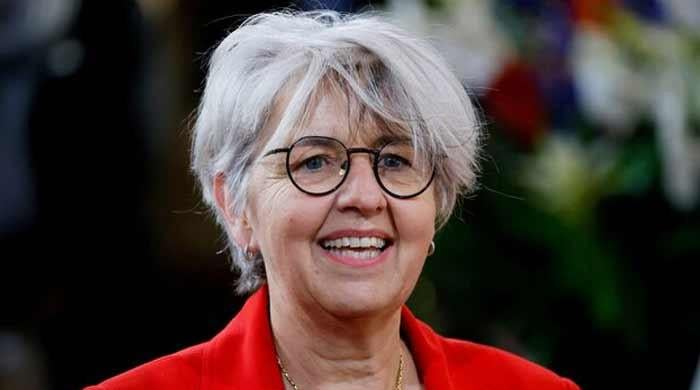Dreaming of becoming an astronaut? Here's why it might a bad idea
The detrimental effect of spaceflight on skeletal tissue can be profound, says first line of recent study
July 01, 2022

- In microgravity, bones do not have to carry any weight.
- Zero gravity causes bone damage.
- However, different people react differently to physical impacts of long spaceflights.
A new study has shown that astronauts who spend more than three months in the space can suffer from extreme bone loss that is irrecoverable for more than a year.
The research paper named "Incomplete recovery of bone strength and trabecular microarchitecture at the distal tibia 1 year after return from long duration spaceflight" was published in the journal Scientific Reports.
When astronauts are in the space with microgravity, their bones do not have to carry any weight.
"The detrimental effect of spaceflight on skeletal tissue can be profound," said the first line of the report.
While it was known previously that zero gravity causes bone damage, the new study shows that longer spaceflights can result in damage that is hard to recover till up to a full year.
The lead author of the study, Leigh Gabel, assistant professor in Kinesiology, told Eureka Alert that the "weight-bearing bones only partially recovered in most astronauts one year after spaceflight."
"This suggests permanent bone loss due to spaceflight is about the same as a decade worth of age-related bone loss on Earth," the study said.
The research started in 2017 and scrutinised 17 astronauts before and after spaceflights to see how bones recover after long stays in space.
Most astronauts displayed incomplete recovery of "bone density, strength, and trabecular thickness at the weight-bearing distal tibia."
It was, however, noted in the study that different people react differently to the physical impacts.
Dr Steven Body, director of the McCaig Institute for Bone and Joint Health and professor in the Cumming School of Medicine, started the study.
"We’ve seen astronauts who had trouble walking due to weakness and lack of balance after returning from spaceflight, to others who cheerfully road their bike on Johnson Space Center campus to meet us for a study visit," he said.









